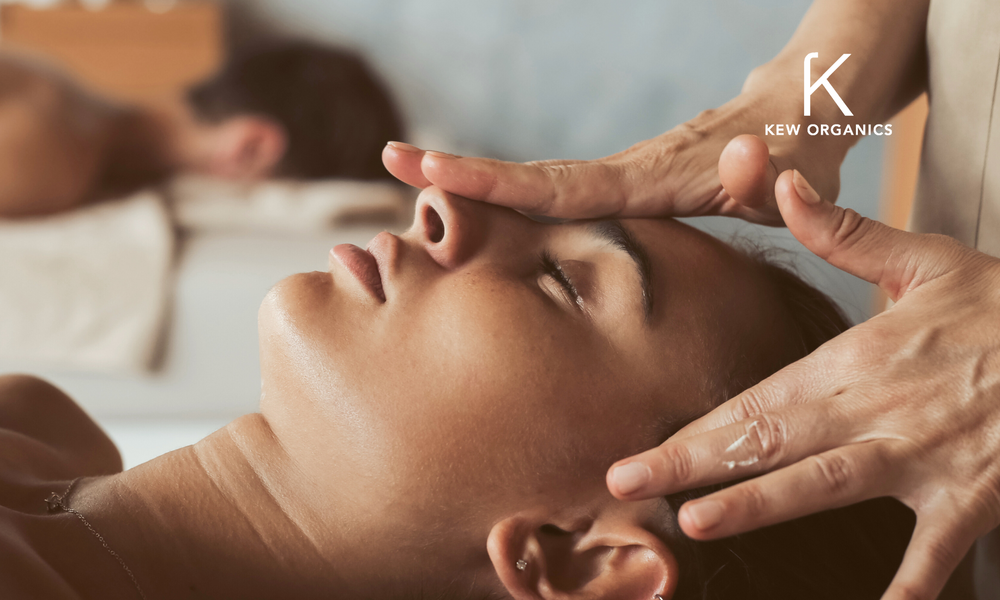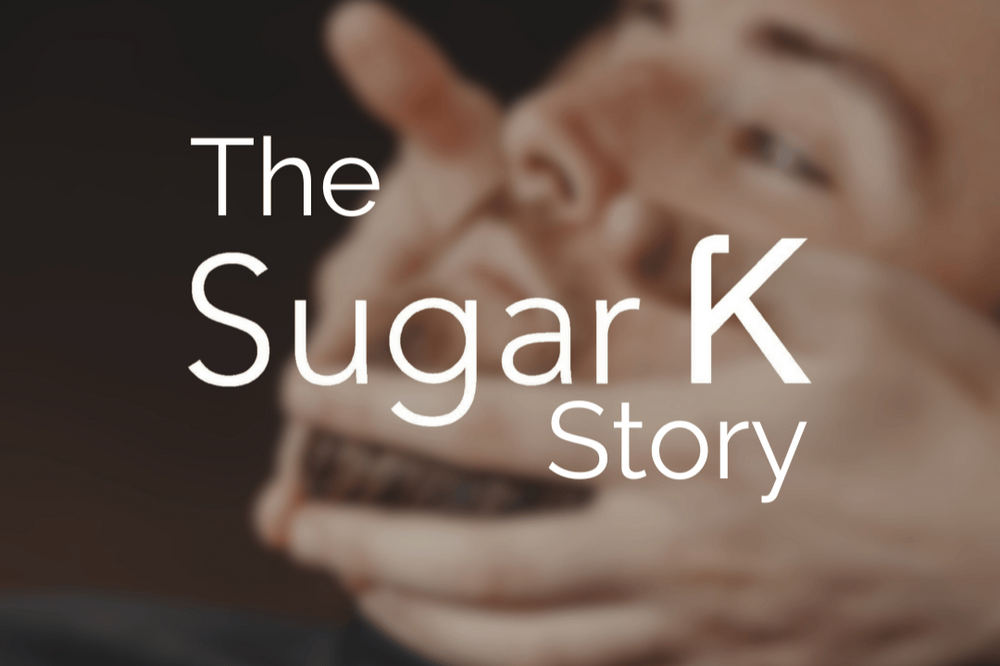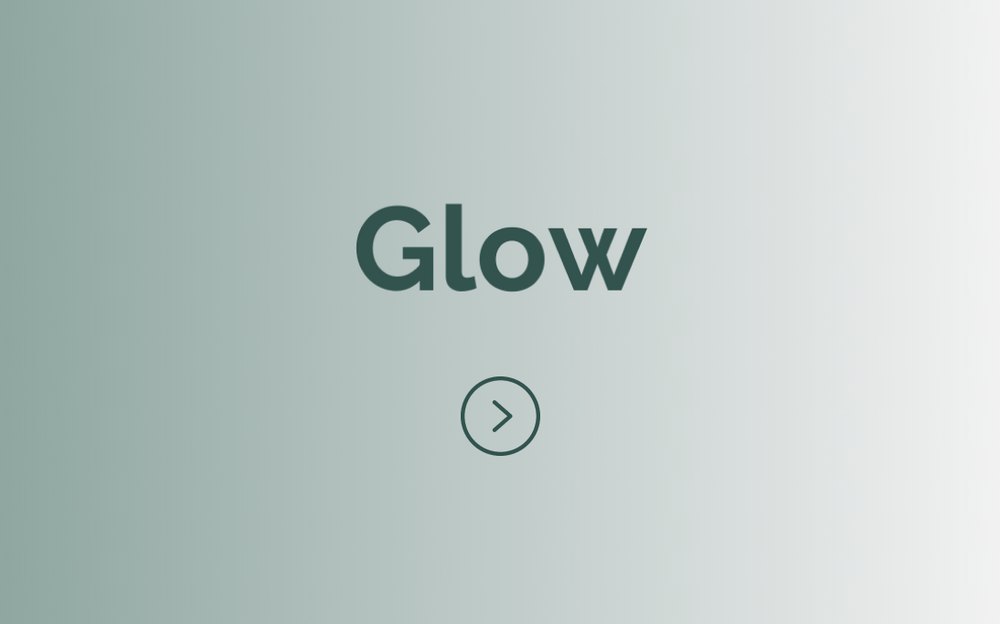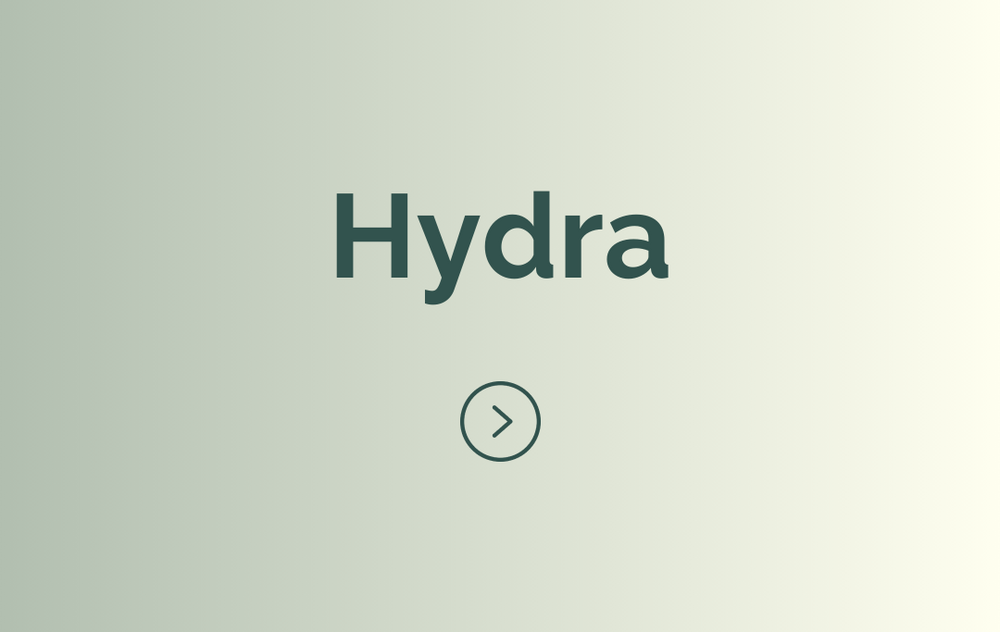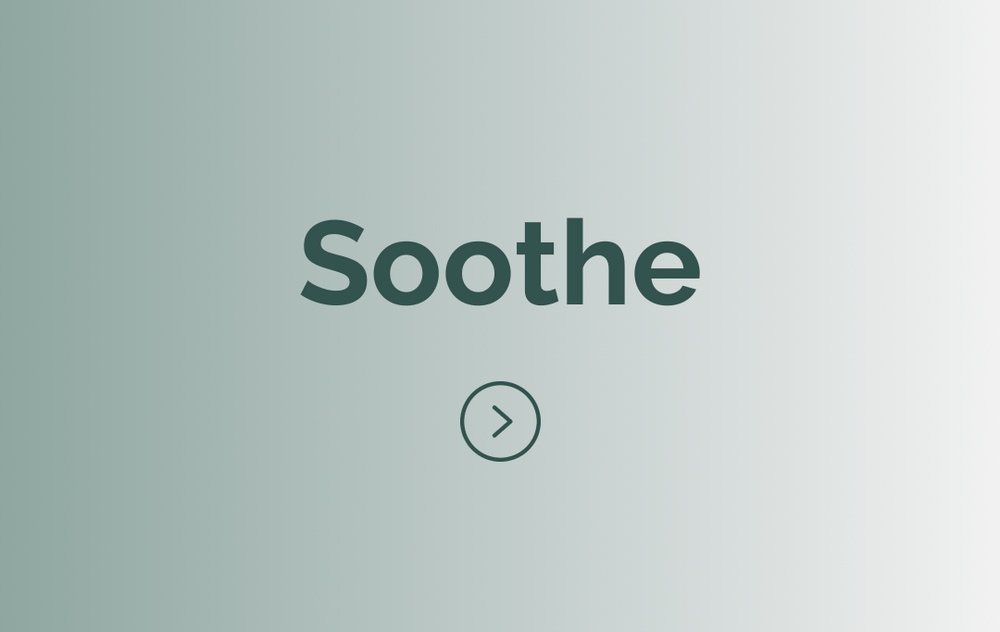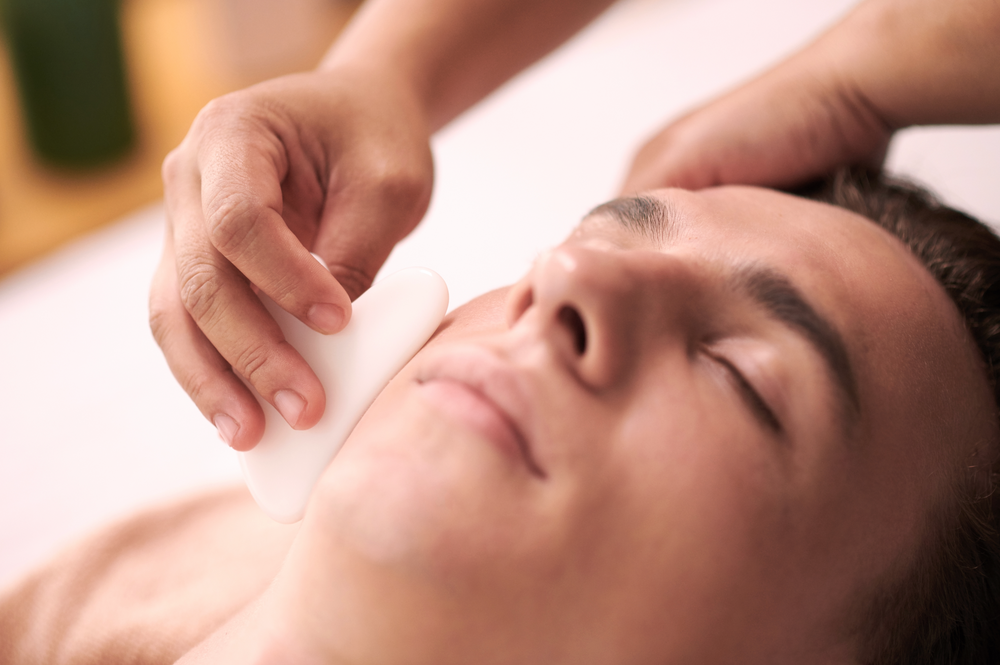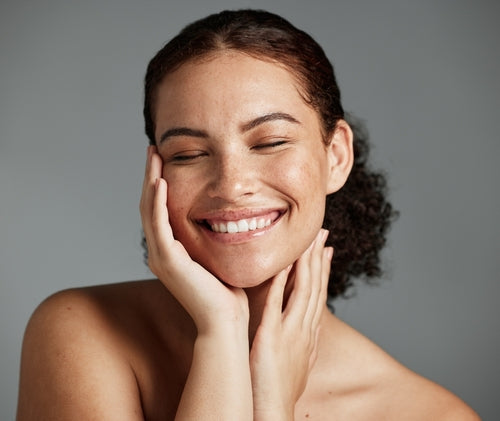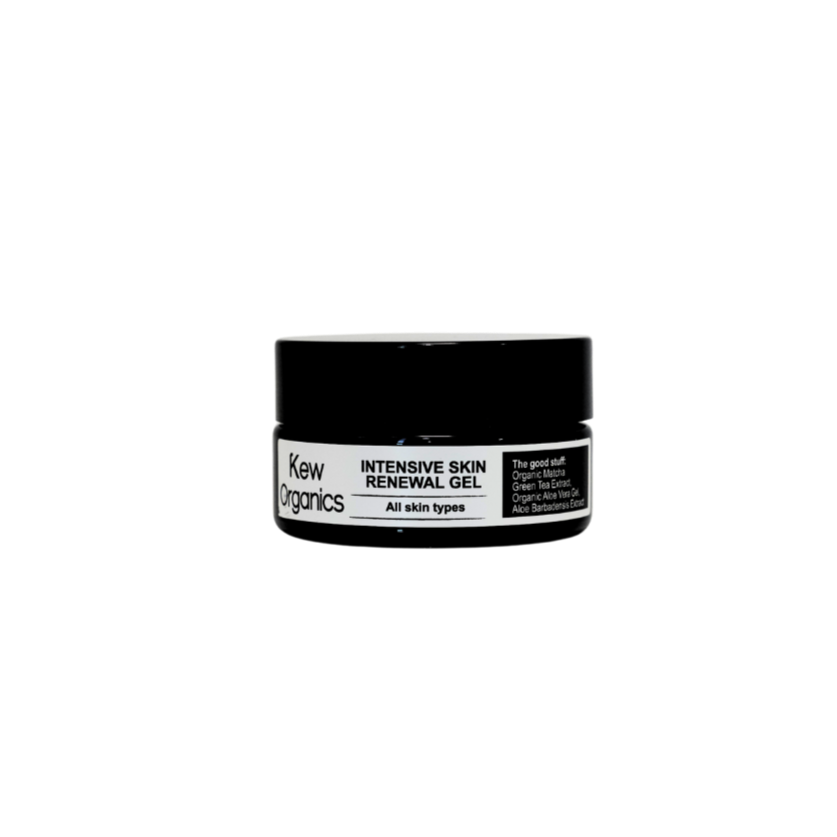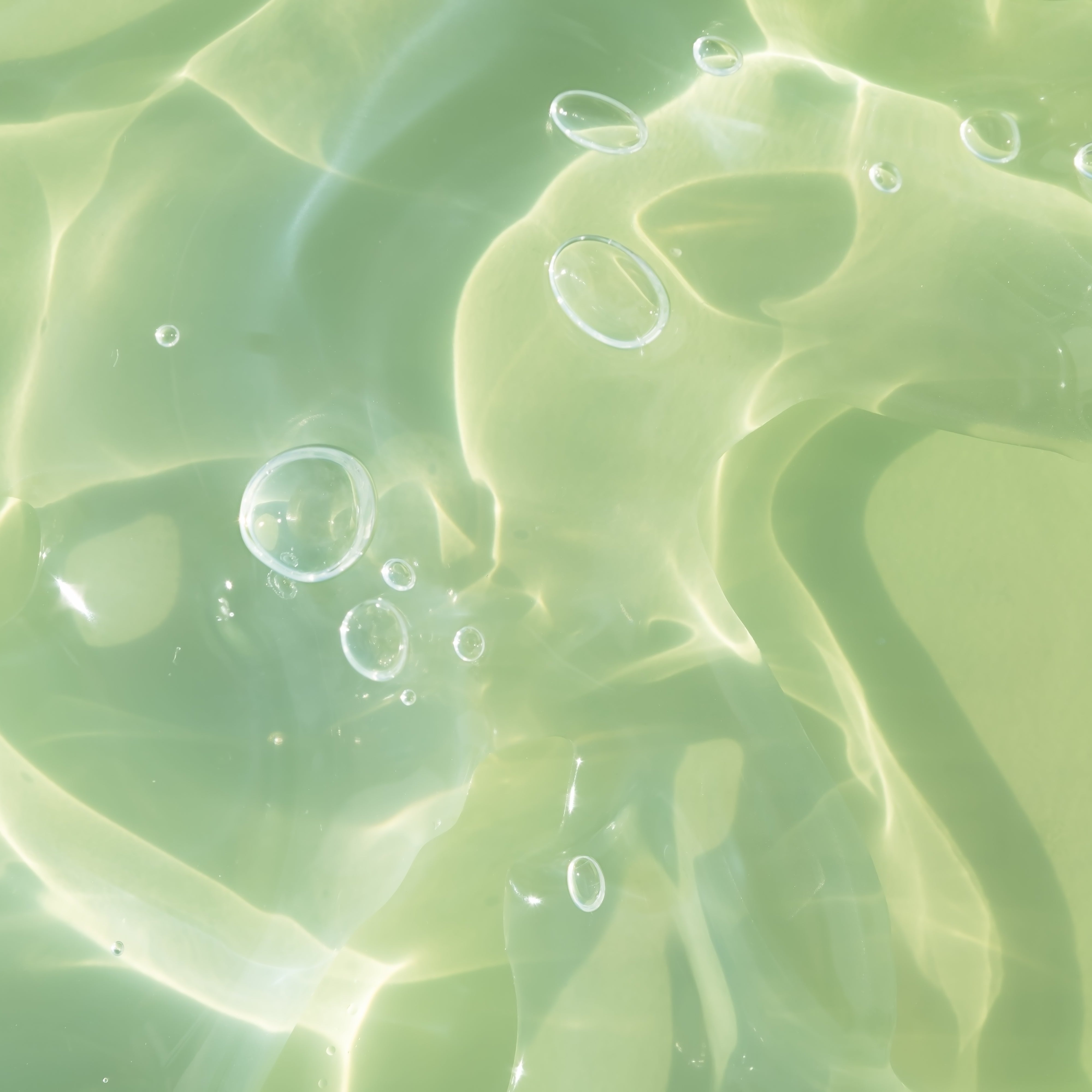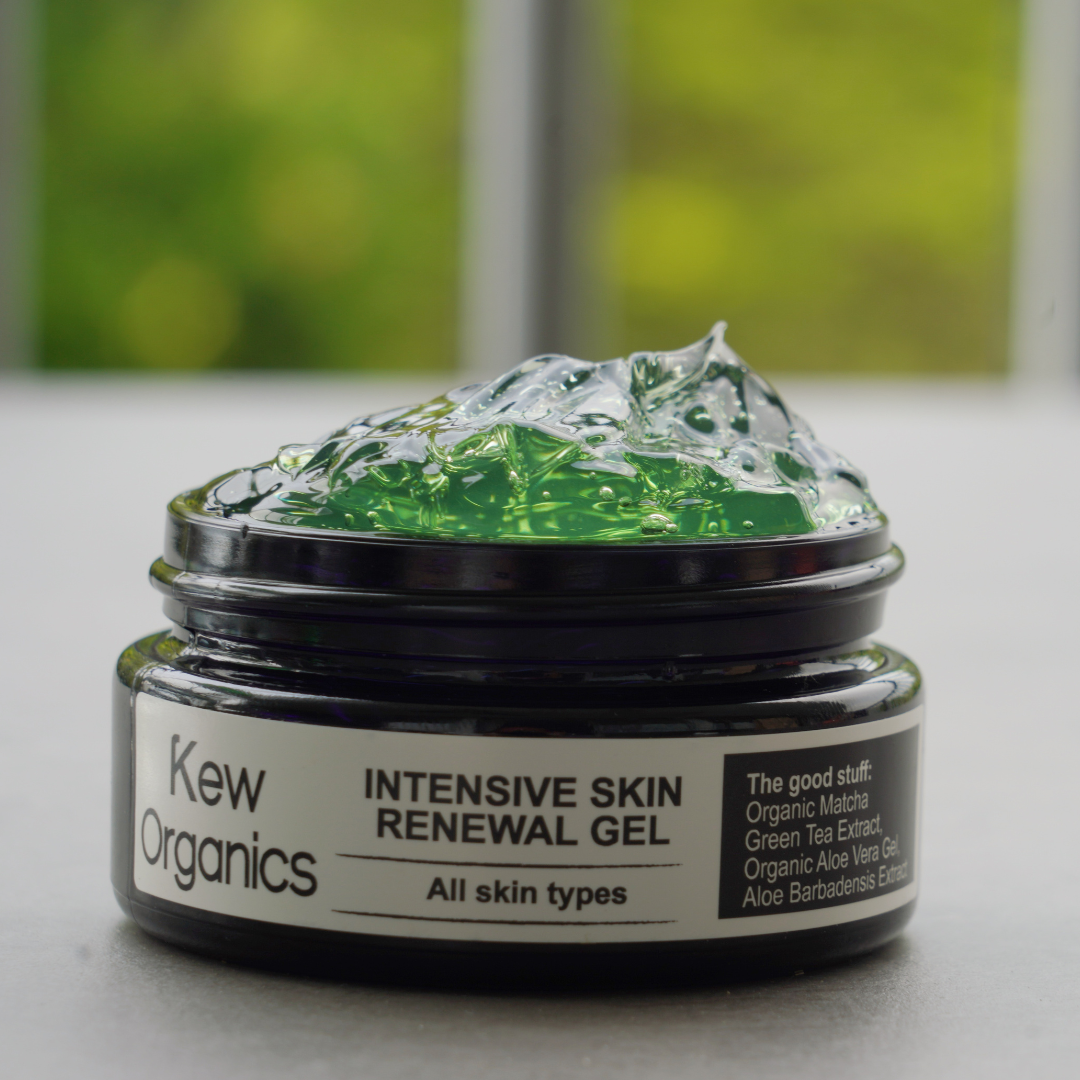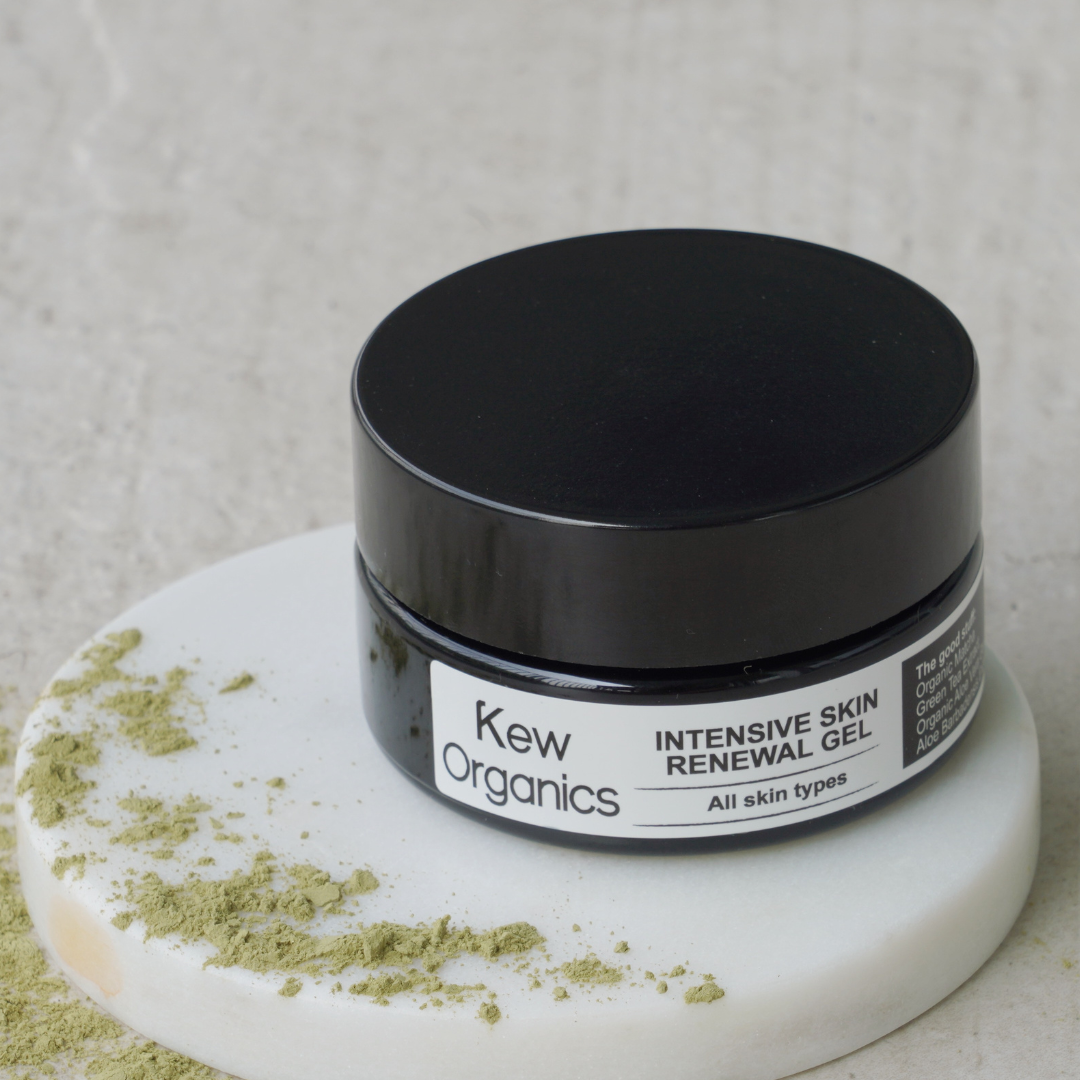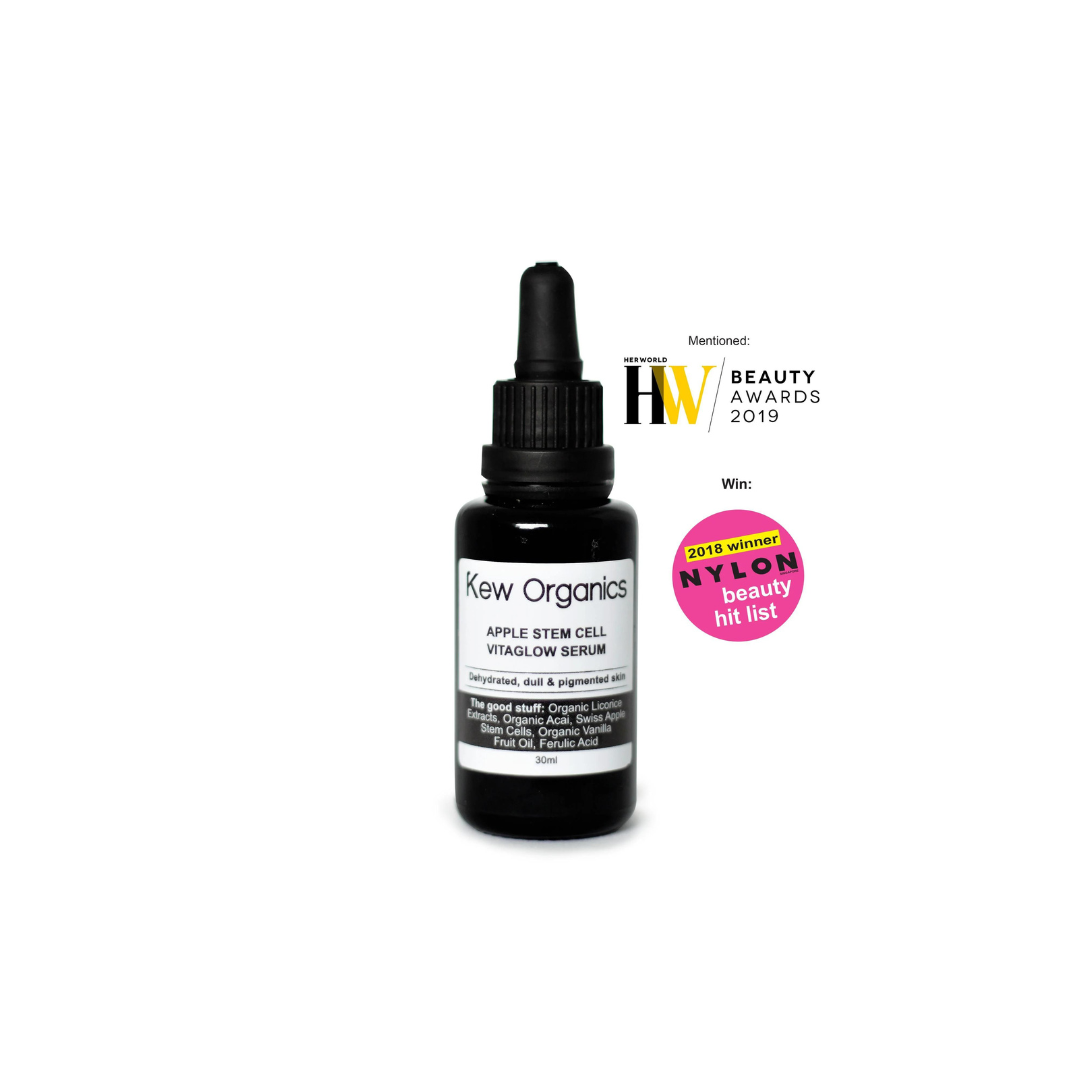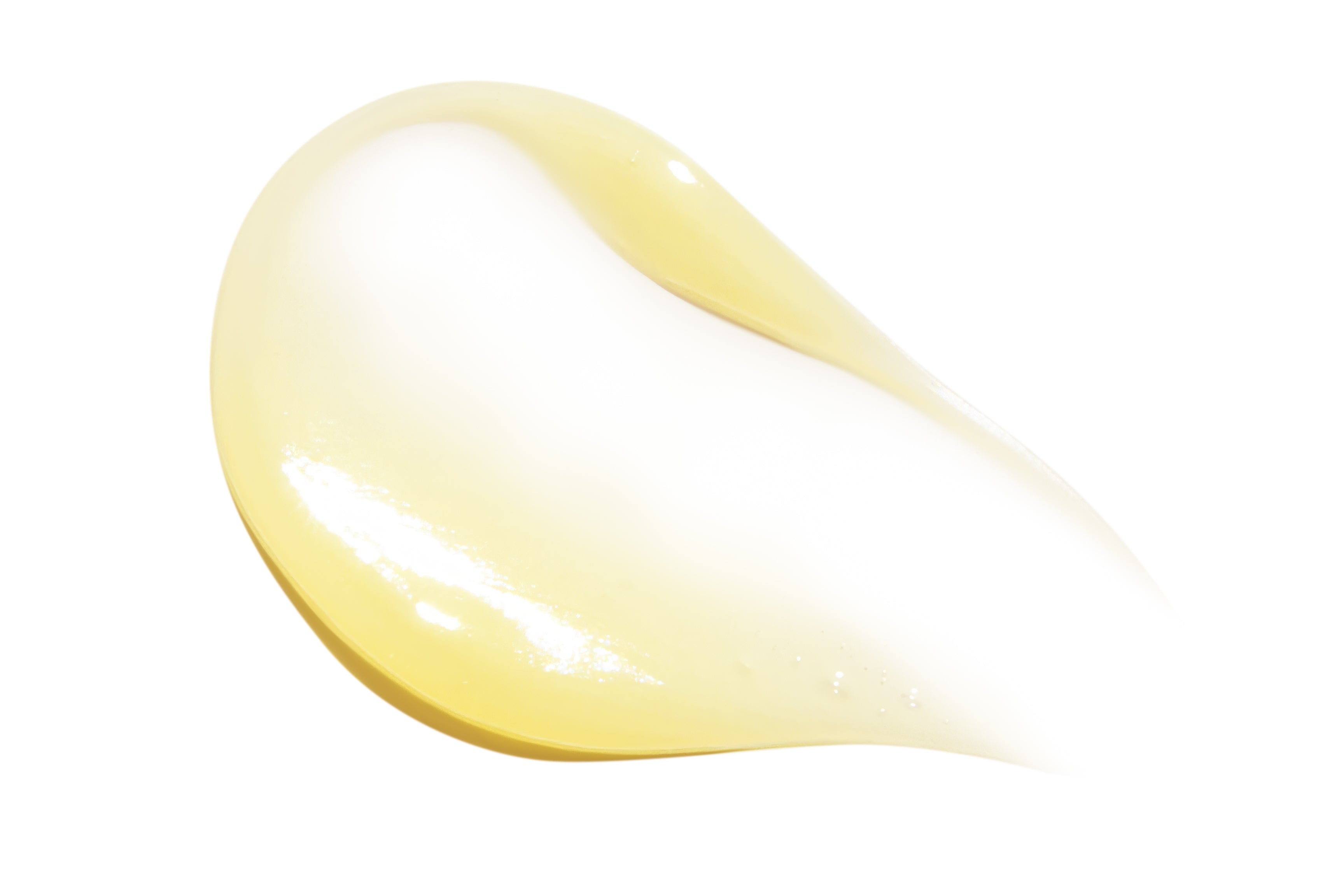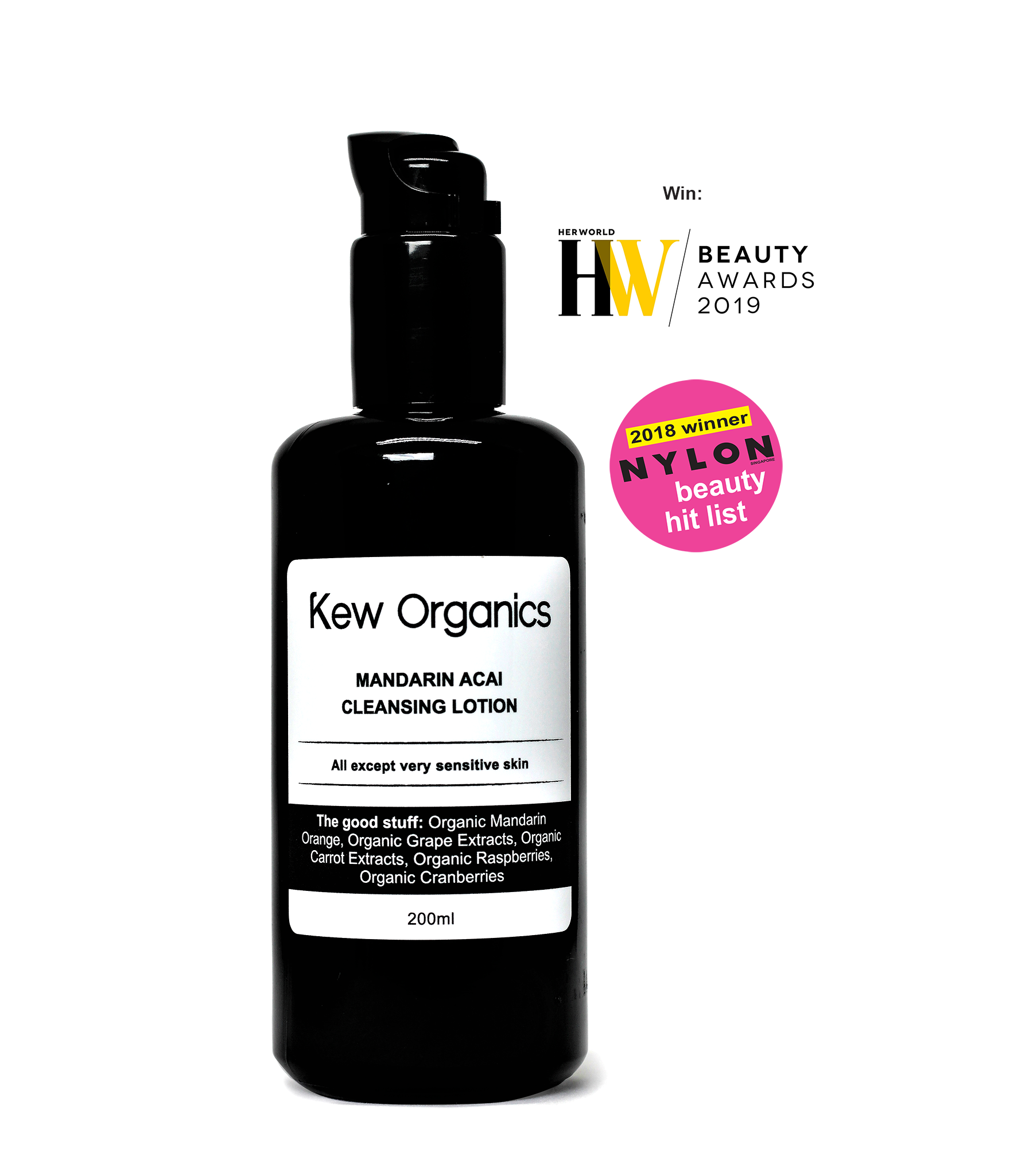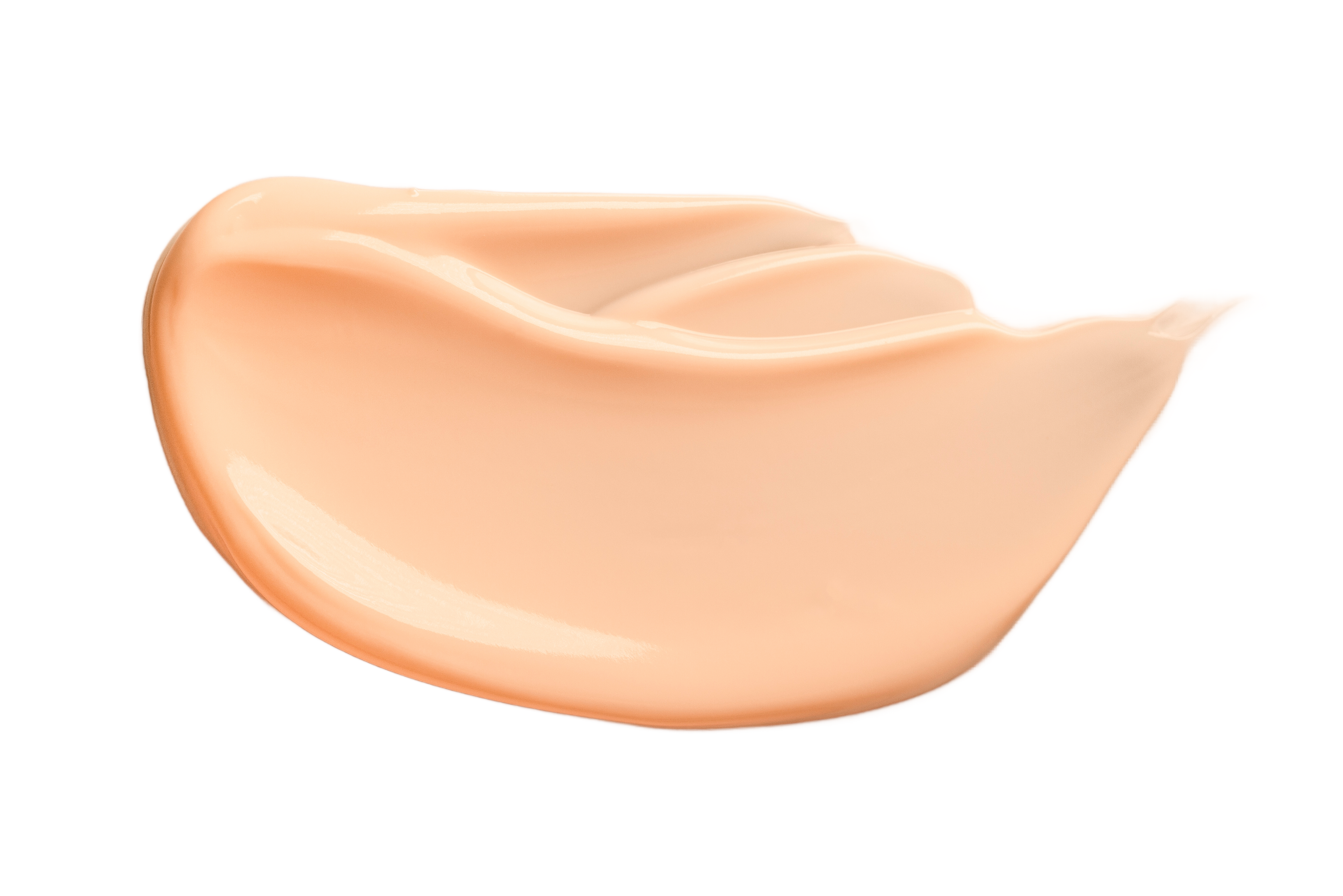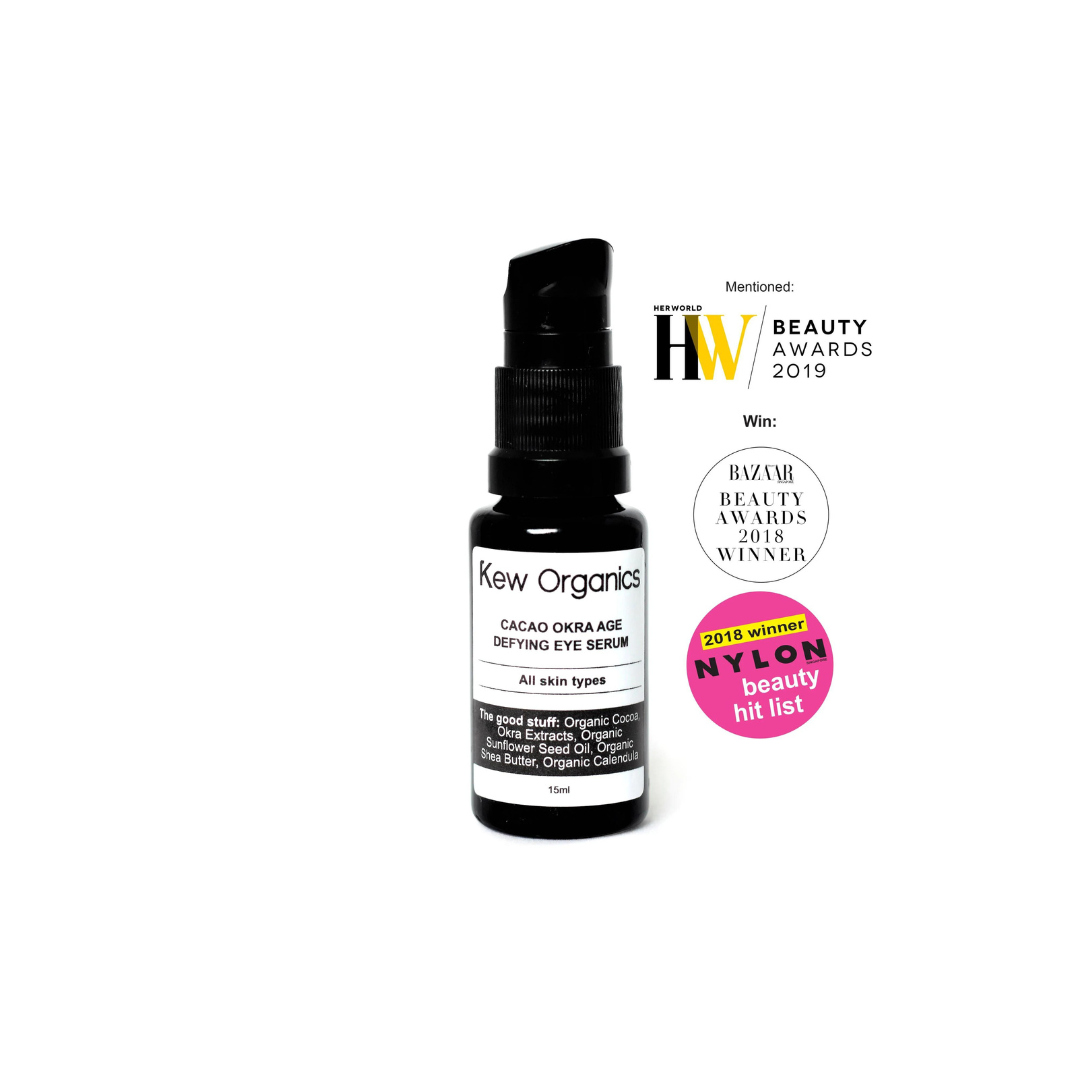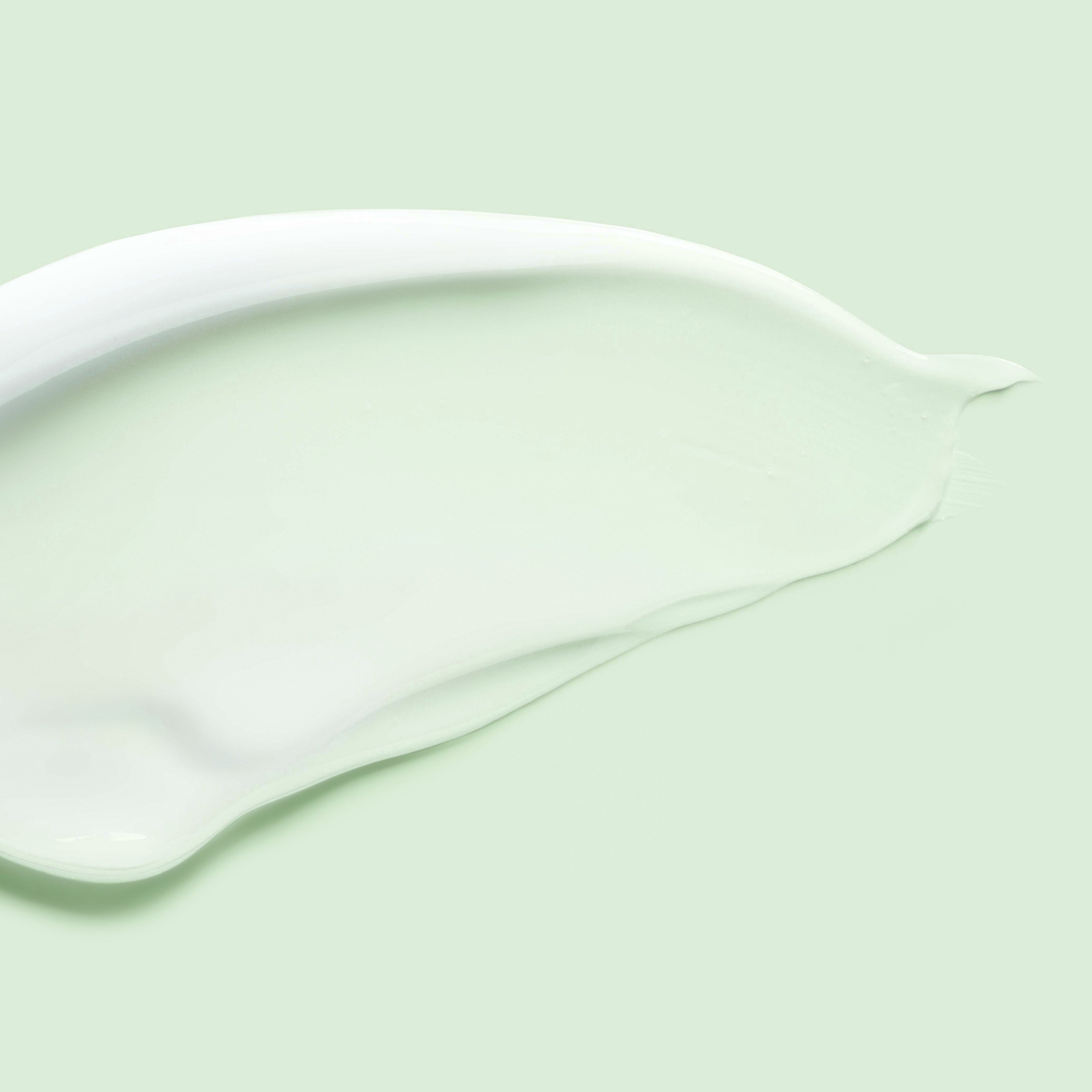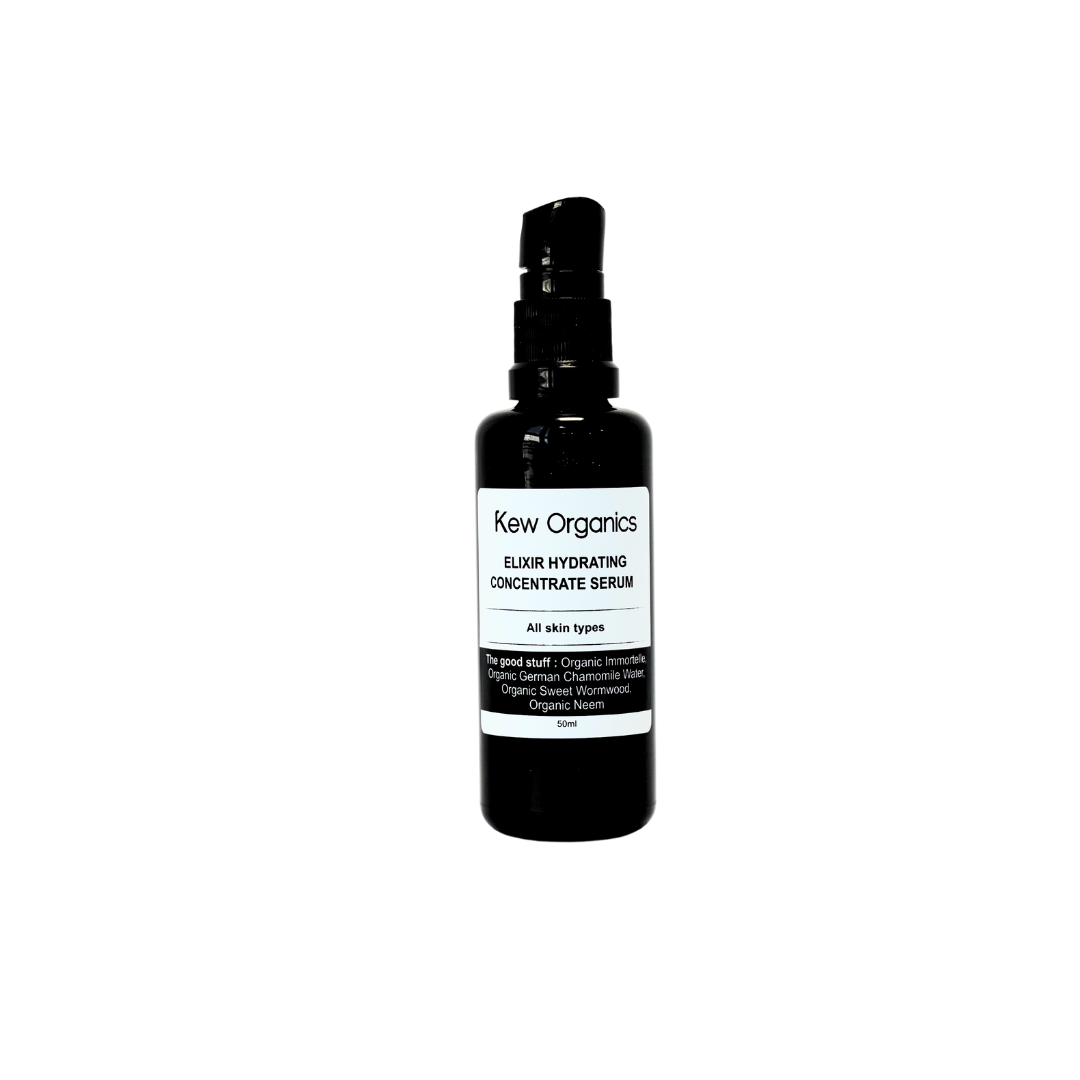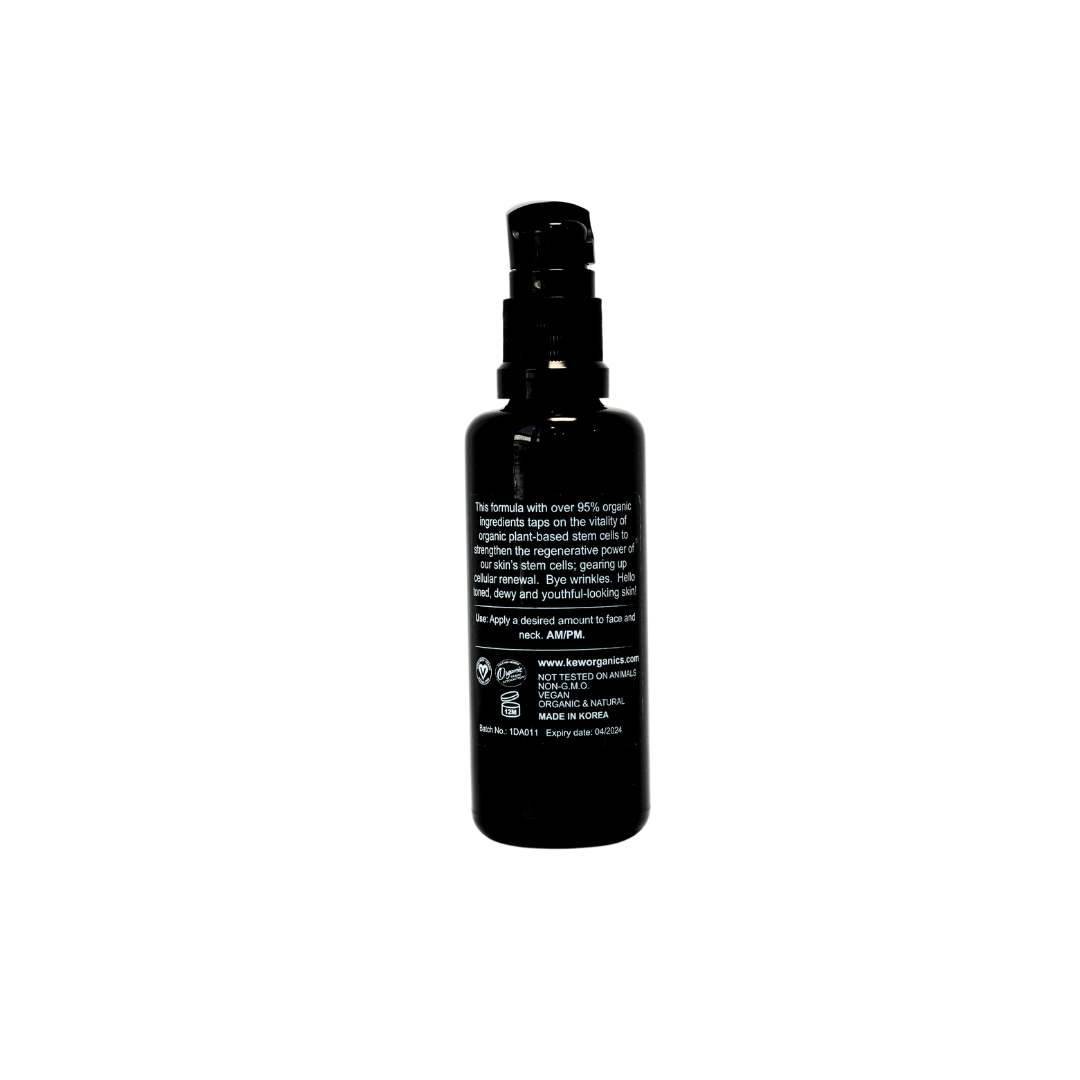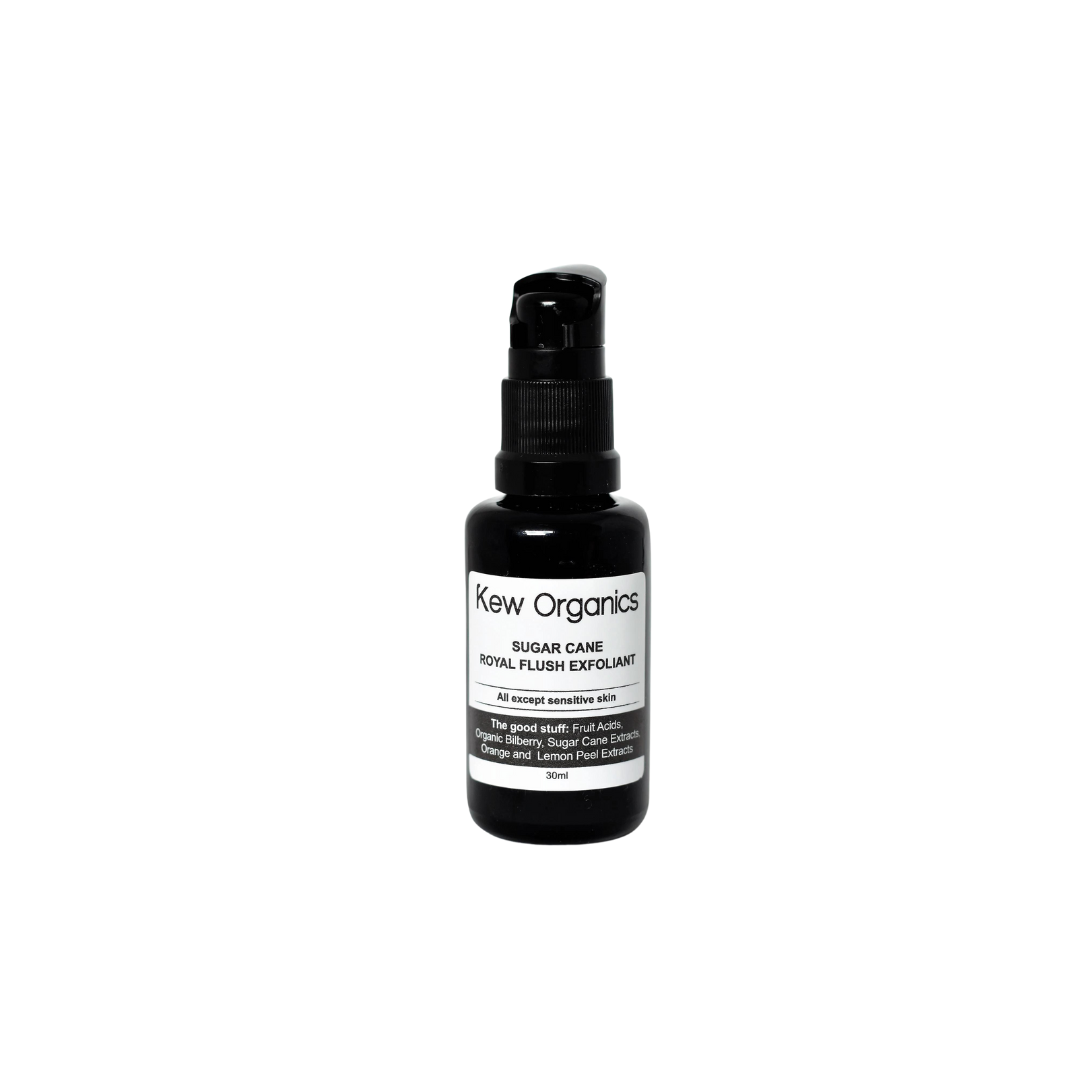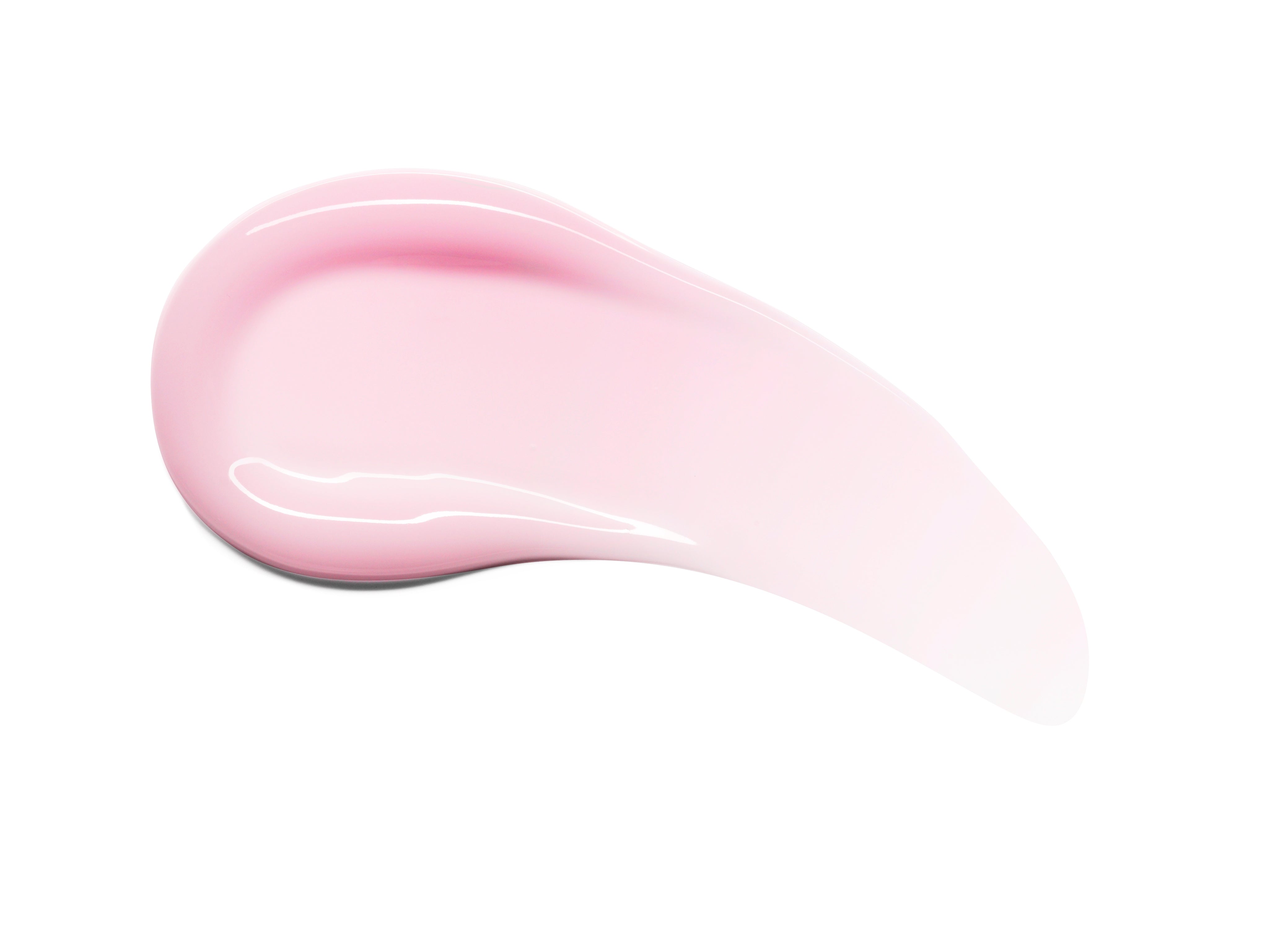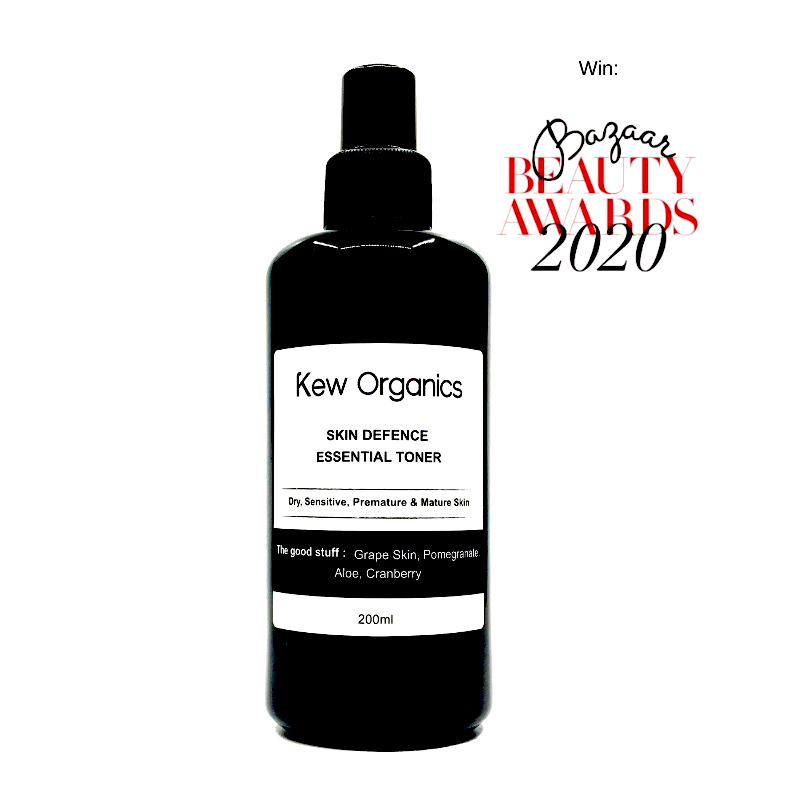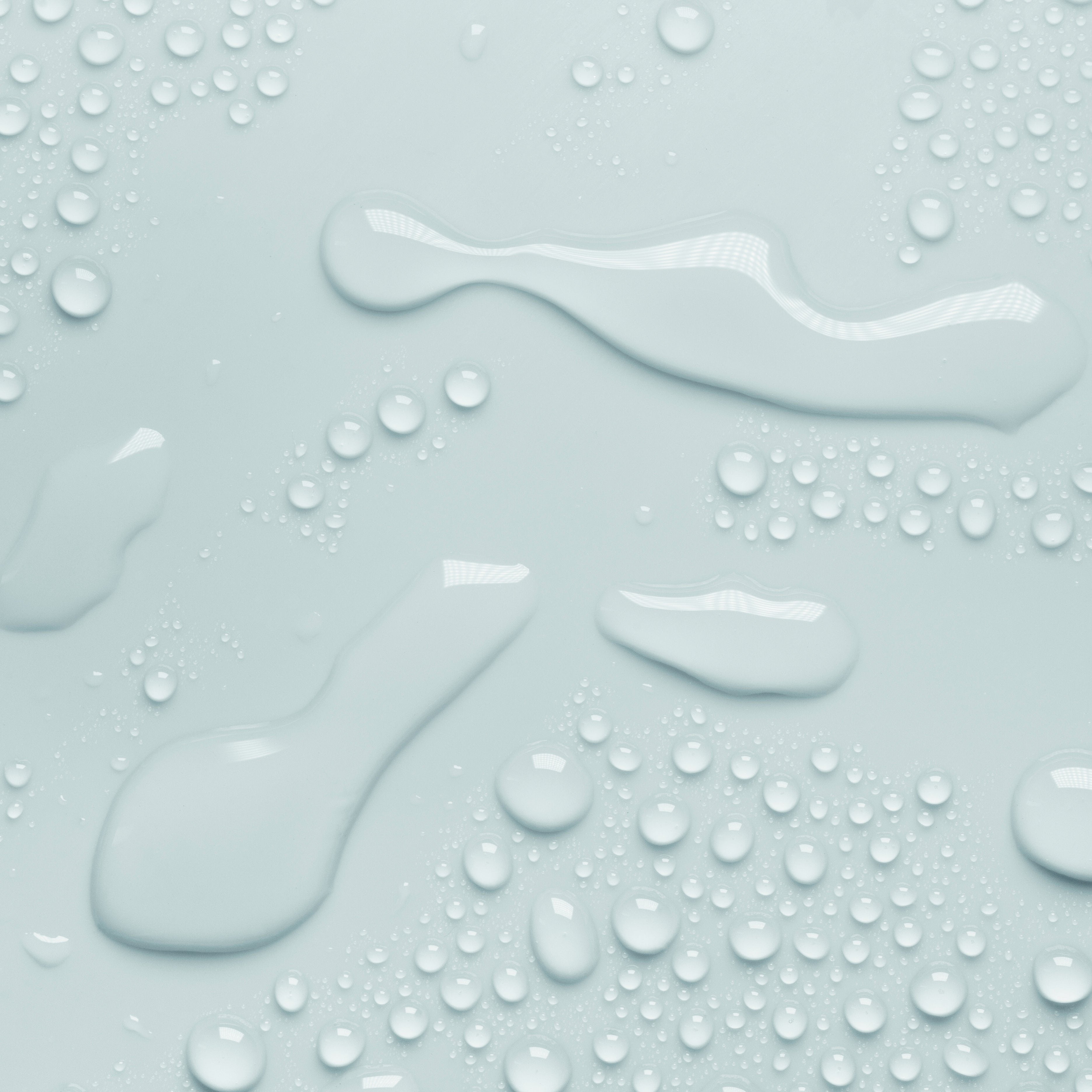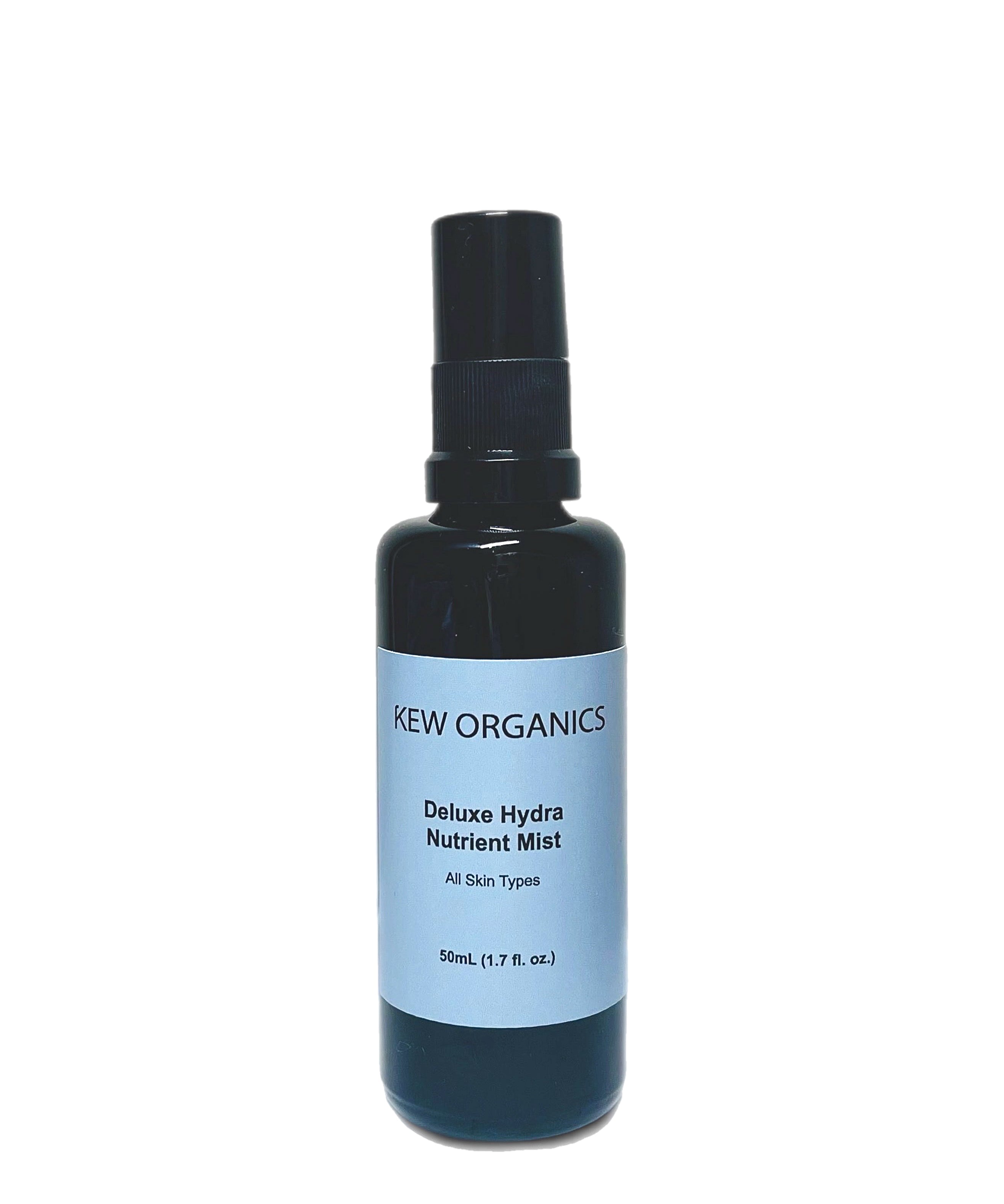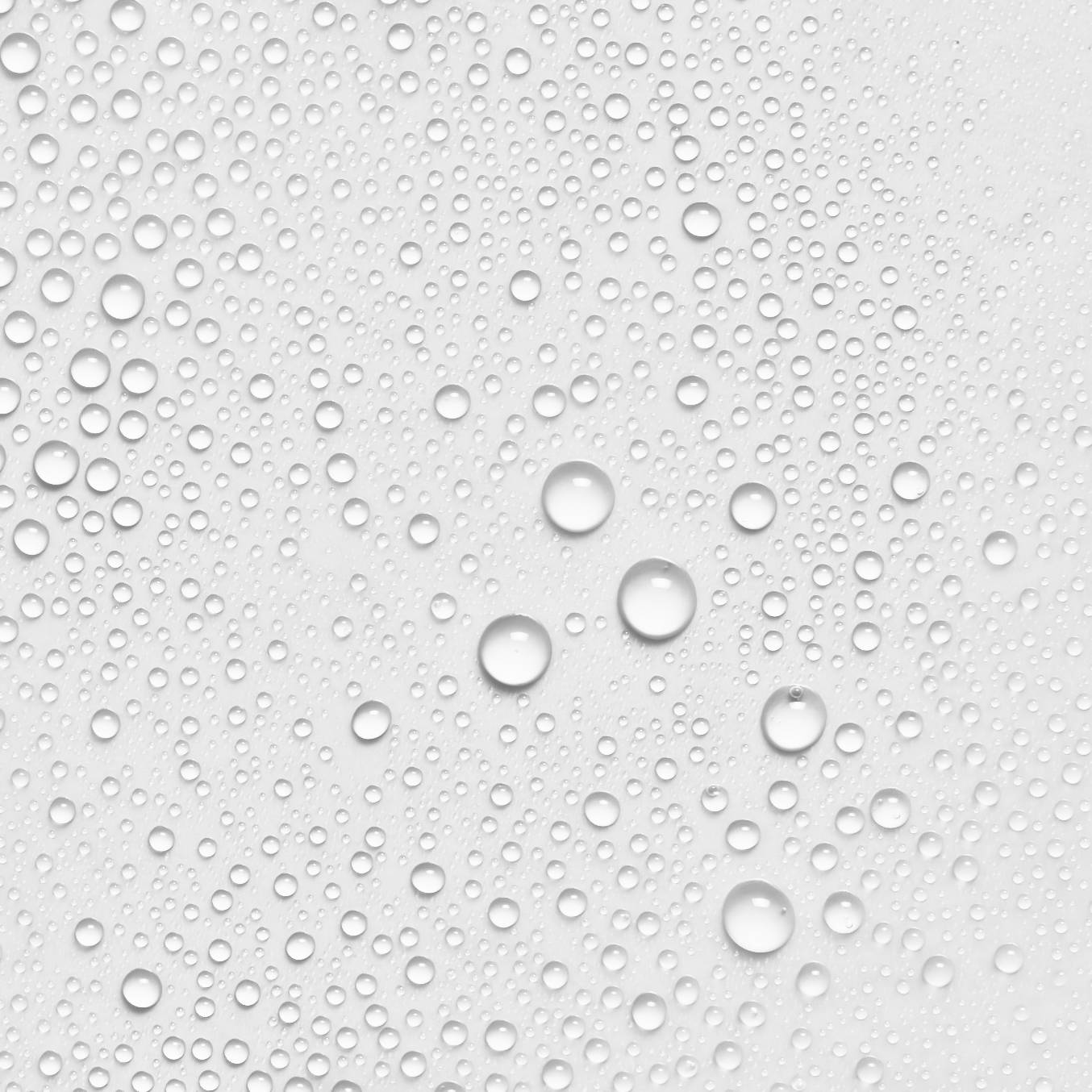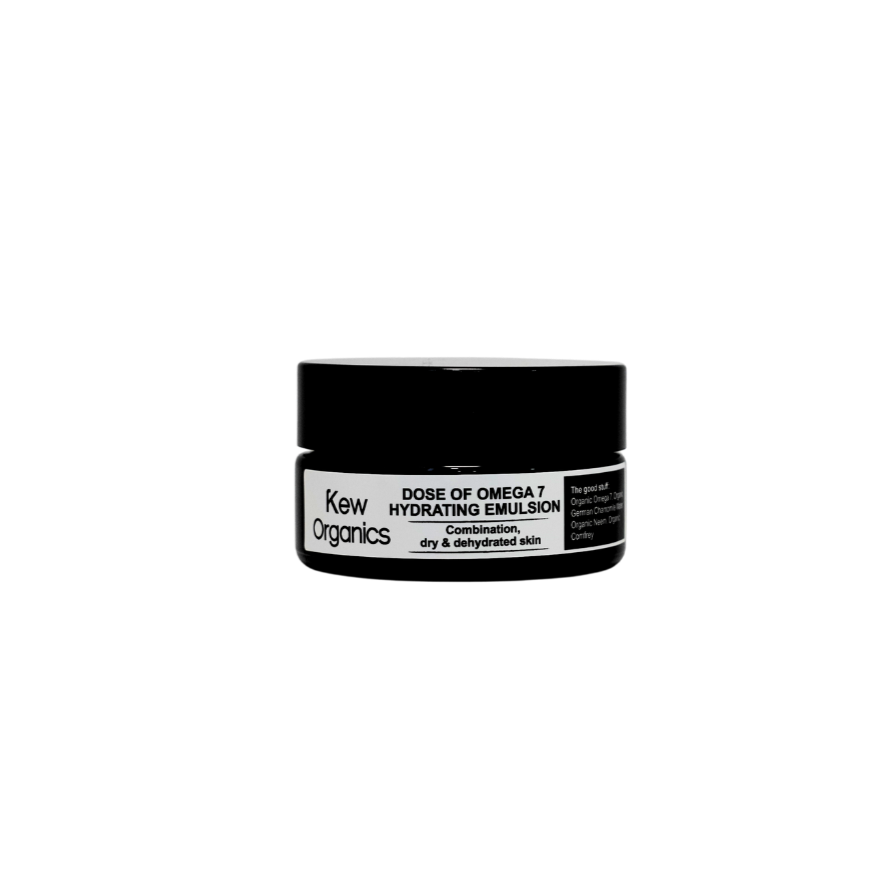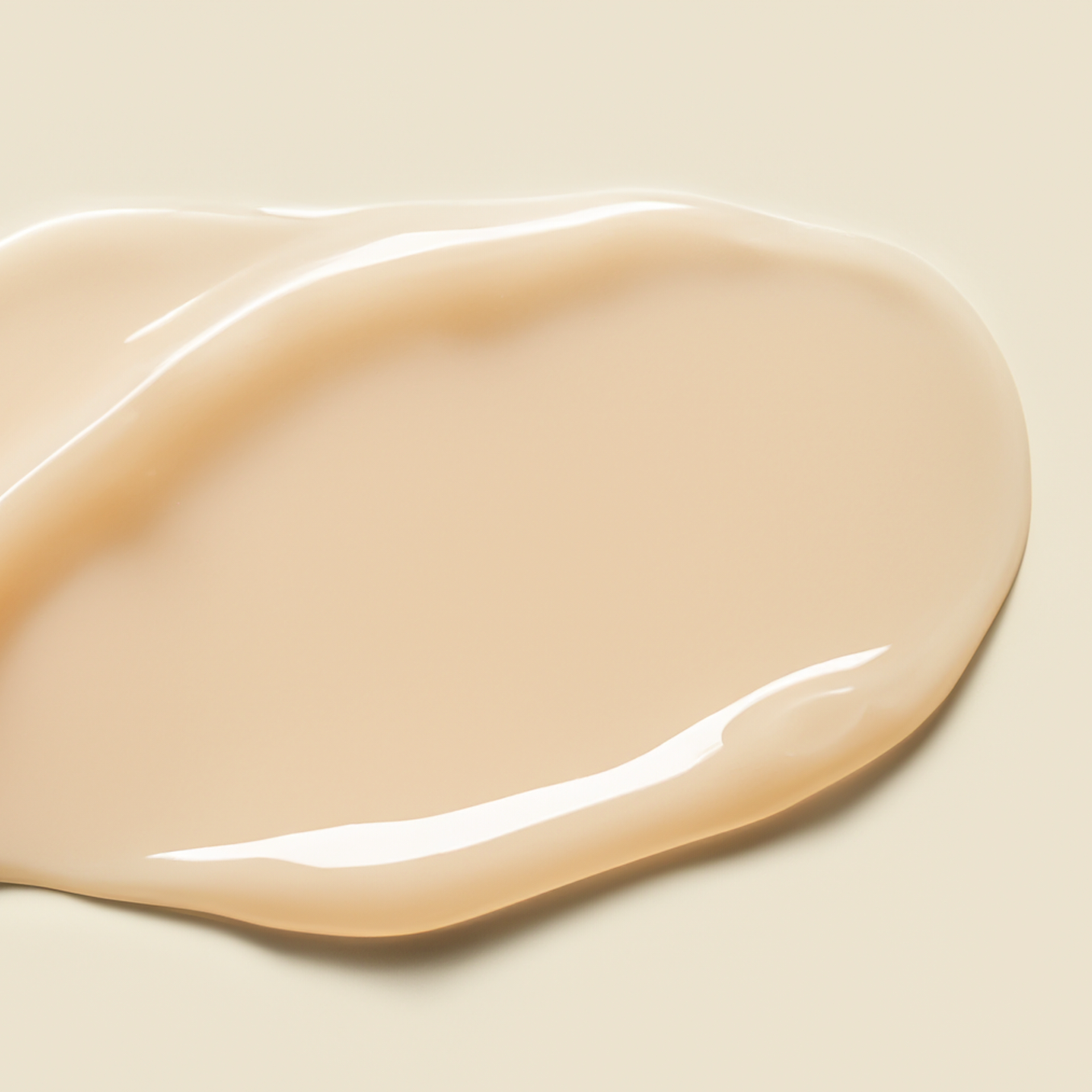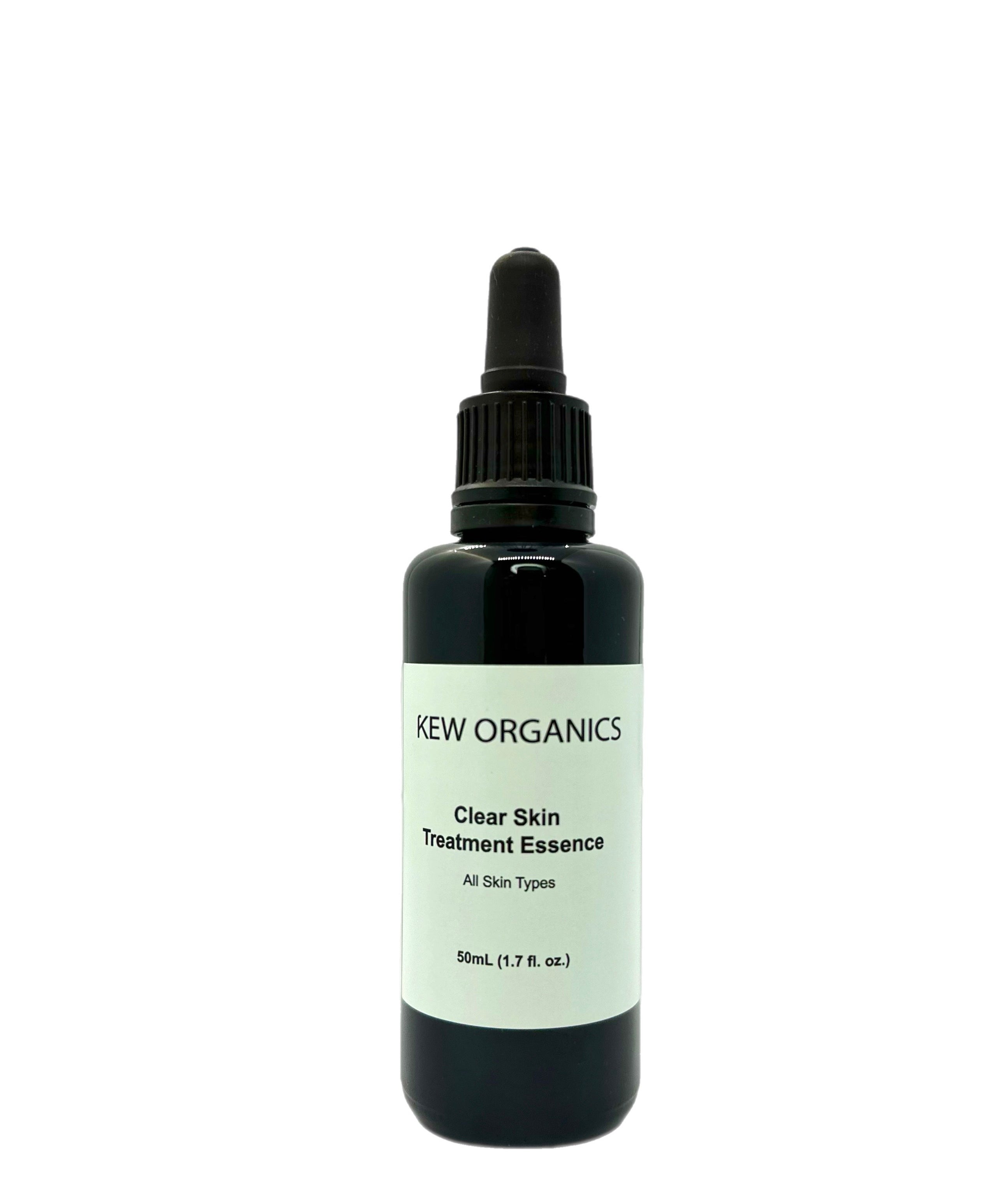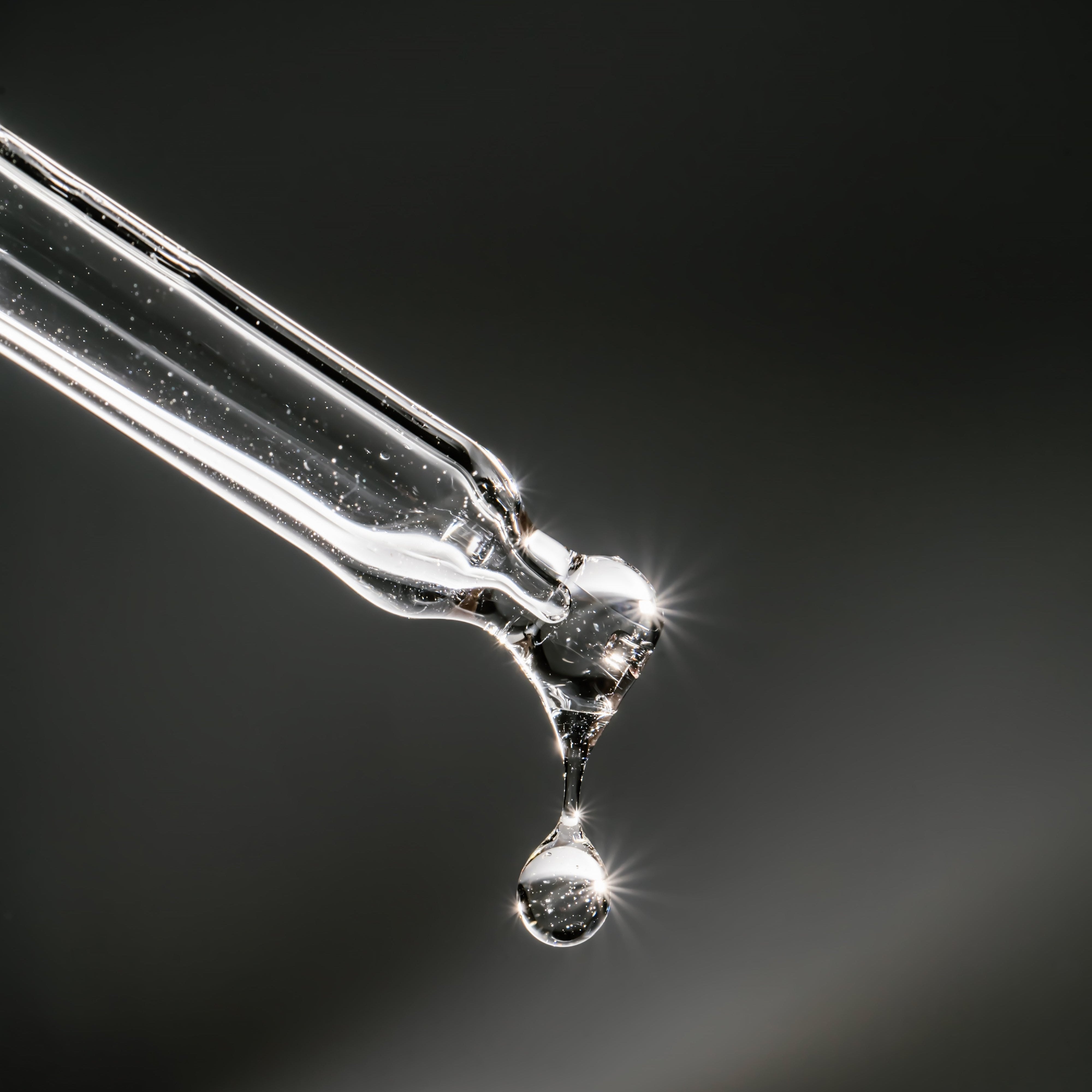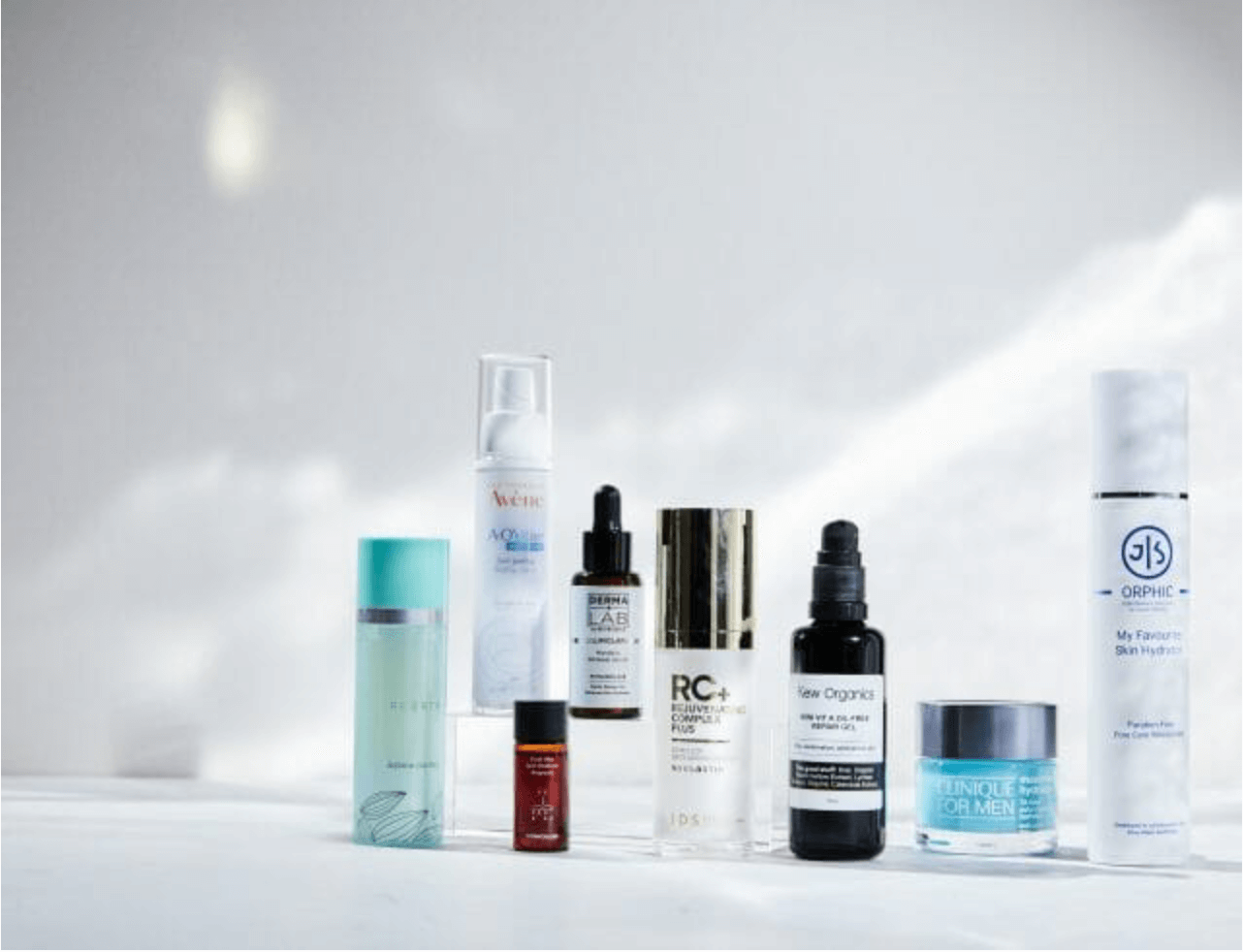A COMPREHENSIVE GUIDE TO VEGAN BEAUTY IN SINGAPORE – DC EDIT 9 JULY 2020
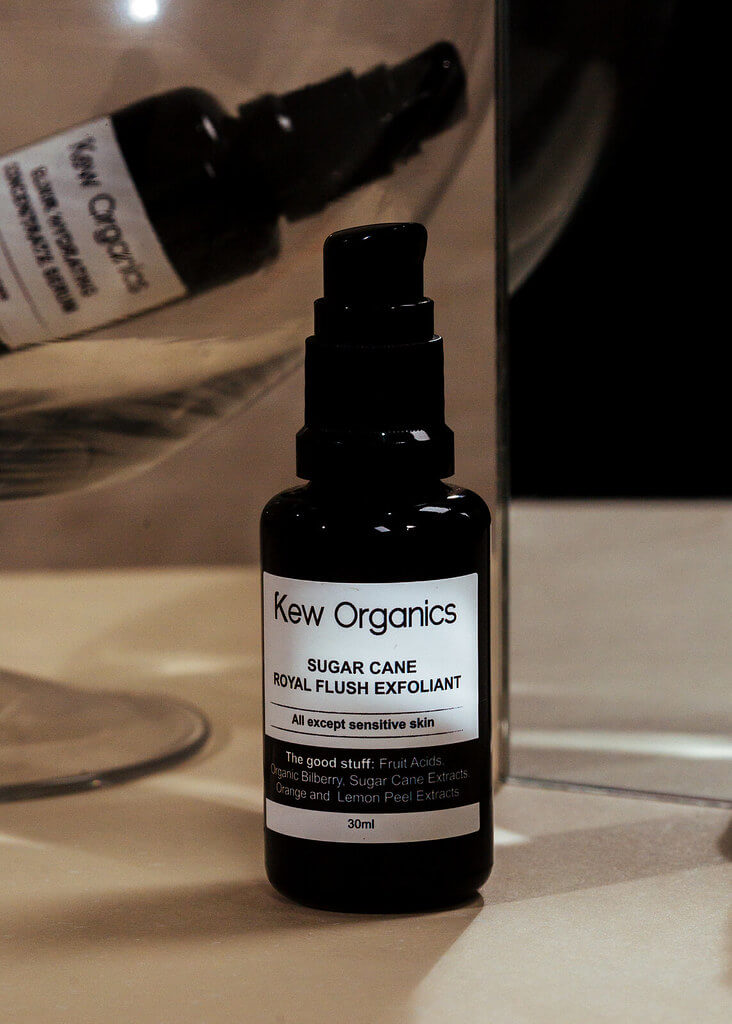
Published on DC Edit, 9 July 2020
Read full article
Growing awareness of what goes in and on our bodies has bolstered the vegan beauty niche in the beauty market to an almost mainstream necessity — and we are all for it! The saturated playing field has allowed us to evaluate the conscious choices we make in our purchases. Are our dollars going towards a brand we stand by?
If you feel deeply for the environment and animal-related causes, then vegan beauty might be on your radar. At least, it was for me! But my late-night Google forays only brought up foreign brands and a wall of information that is unhelpful in the local context. In fact, many around me see veganism as a western fad with a high barrier of entry. But it can be easier than you think! So here’s all I’ve gleaned from trying to build a vegan routine, and the Singaporean brands that are making this transition easier:
First Things First: Vegan vs Cruelty-free
While these terms may seem synonymous to the layman, they are actually separate descriptions. The key difference is that the ‘vegan’ label relates to the product’s formulation while the ‘cruelty-free’ label refers to the production process.
Vegan
Vegan products are free of any animal products or animal-derived ingredients. This includes common skincare ingredients such as honey and beeswax from bees along with lanolin, which is derived from sheep’s skin. Common animal-derived makeup ingredients to look out for are red dyes like carmine (from beetles) and gelatin (from the boiled bones of animals).
PETA has a comprehensive list of animal-derived ingredients to look out for. But such skincare jargon can be confusing, especially when we are just trying to do a quick shopping run. That’s where the nifty ‘vegan’ logos and marketing words come into play: Products that claim “100% animal-free” without these logos are not verified and run the risk of being faux friendly towards the animals/environment. Another common pitfall is the parent company. Some non-vegan conglomerates own vegan brands or subsidiaries. However, this is a grey area that is heavily dependent on personal choice. It is up to you whether you choose to support them or not!
Important note: While many vegan brands tend towards botanical ingredients, that is not true for all. There are also vegan brands that replace animal ingredients with synthetic, lab-made counterparts.
Cruelty-free
The cruelty-free label determines whether a product was tested on animals. If you have not already guessed from its name, animal-testing is a brutal process that subjects these animals to stressful, and oftentimes harmful, conditions. However, cruelty-free products are not necessarily vegan — the brand could still include animal-derived ingredients and are thus not vegan. Here’s a list of cruelty-free logos to look out for:
Why Your Purchase Matters
Transitioning into a niche area makes for an isolating experience: not everyone sees the importance or impact of your decision. You could even be berated for it. But take it from me that it is definitely a rewarding choice that has a gradual, but significant, impact over the course of your life.Purchasing vegan products signal to the market of growing demand and the underlying causes (animal rights and environmentalism) that drives this increase. While your singular buy might seem trivial in the big picture, the small impact slowly stacks.
Let’s say you replace your moisturiser with a vegan alternative, and you purchase two per year. In two years, you would have made four conscious purchases that did not contribute to animal slaughter. Perhaps you also influenced those around you to try out the vegan moisturiser. The key is to stick by it, and hopefully, normalise it around your social circle so that it can then spread to others. If five people were influenced by your decision, that equals 20 vegan purchases!
The Vegan Beauty Myth and Why It’s Dated
While vegan beauty has been around for a long time, there are still misconceptions that have become dated stereotypes. I was also once afraid to venture into the world of vegan products due to these “problems”, but have since found my worries unfounded. Here’s why:Myth #1: Vegan Products Are Not As Effective As Mass-Produced Ones
This especially applies to makeup products — the idea that vegan pigments are not as vibrant has plagued this sub-category for years. However, the advancement in research on vegan substitutes has made this sentiment dated.
Similarly, with skincare, vegan products have gotten the bad rep for being chock-full of synthetic ingredients. But that’s not always the case! Many are plant-derived, clean and gentle enough for sensitive skin. The research that has gone behind vegan skincare, which combines botanicals and biochemistry, has elevated vegan products to be just as effective, and sometimes more so, than their mass-market counterparts.
Myth #2: It Is Too Expensive
Admittedly, veganism itself is a privileged movement that stems from the luxury of choice. Not everyone needs to indulge in vegan-only routines if they feel that it is out of their budget. However, the idea that all vegan beauty is more expensive than their counterparts is definitely a dated one! Many brands, through extensive R&D, have found the perfect balance between animal-free formulas and affordability. In fact, a quick scan of the drugstore shows that many products are starting to become vegan as well. If you do have the option of choosing between products, then why not choose something that is kinder towards the world around us?
Vegan Beauty Brands in Singapore
The western front of veganism might have created the impression that vegan-friendly beauty is only easily accessible overseas. But in actual fact, there are many Singaporean brands that advocate for clean, vegan formulas:
Kew Organics
Pictured: Sugar Cane Royal Flush Exfoliant, $73.20Kew Organics — the result of marrying nature’s skin-friendly ingredients and expertly designed medi-aesthetics tech. Better known as remedies for skin ailments, their products are made from freshly-bred organic and vegan ingredients to help treat a range of concerns (from ageing to acne scars). Their formulations are housed in Miron Violet Glass bottles, which helps to activate the molecules of its contents for maximum efficacy. Talk about effectiveness inside and out! The goal of their water-based skincare (The world’s first!) is to help you achieve complexion that encourages you to go #makeupfree.
Founder Lily Kew was spurred by her fruitless search for targeted organic skincare to create Kew Organics. Tired of alcohol-laden and chemical-filled products degrading her skin barrier, she ensured that her products produced lasting, visible effects. Her transformative skincare also creates real impact in the industry through donations to charities and nonprofits.
While vegan beauty may seem like a Western-dominated sphere, our sunny island has a fair share of homegrown brands that make it accessible and suitable for our climate. It is definitely heartening to see our beauty landscape shift towards a more conscious and kind one. I am sure that this growing niche will one day become the norm. When that happens, our beauty purchases will truly become a guilt-free experience!
For our in-depth product recommendations of these Singaporean vegan brands, head on over to our ultimate local beauty guide (Brands A-M | Brands N-Z)!
With love,
Cheyenne
- Tags: Skincare


